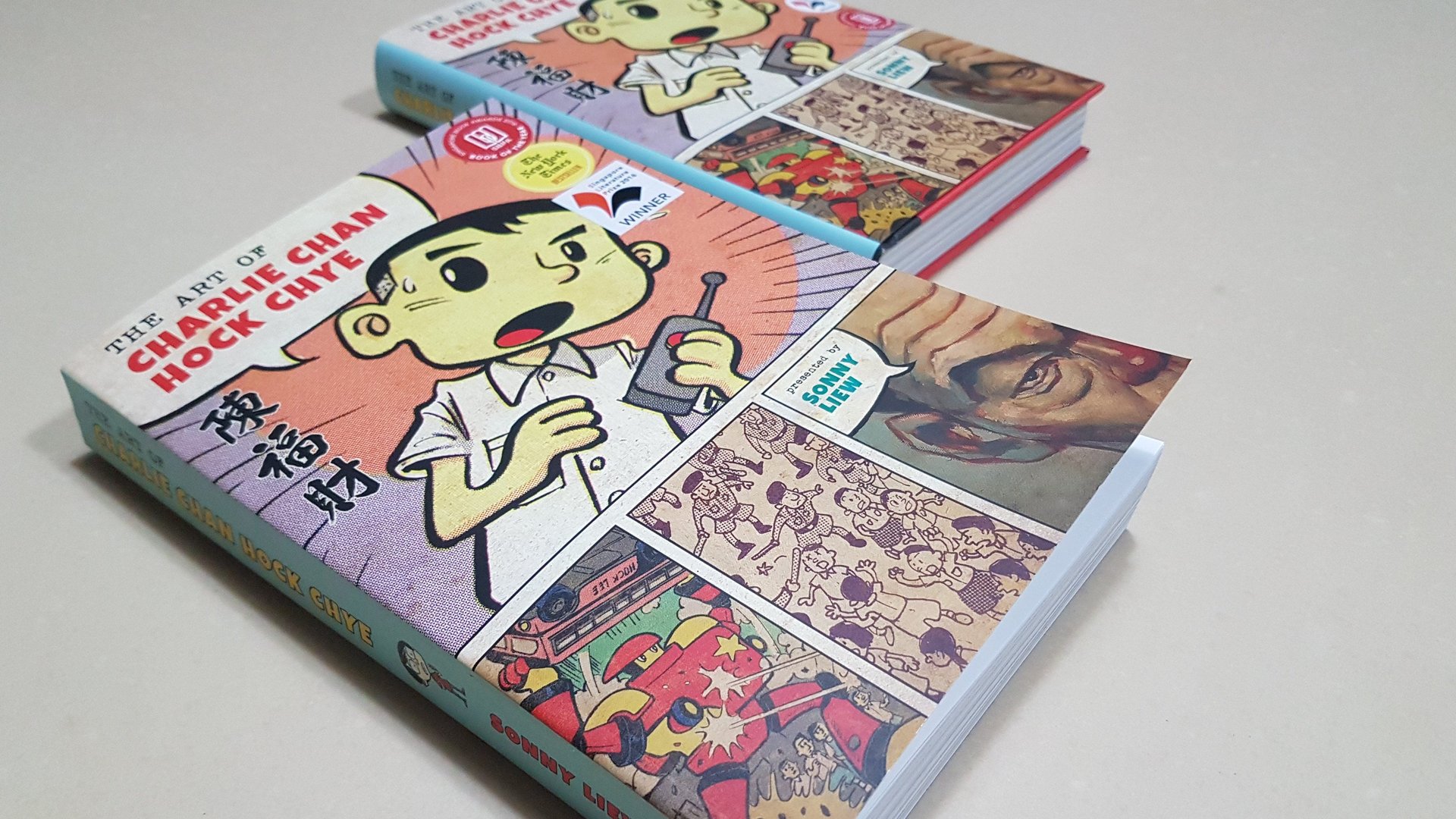The Singapore government’s obsession with global recognition ignores cartooning’s highest honors
Singapore’s government rarely misses a chance to display its country’s world-beating credentials. Various rankings, some handily compiled by a government investment agency, show it’s the world’s easiest place to do business, it’s among the globe’s safest countries, and its people are some of the Earth’s healthiest.


Singapore’s government rarely misses a chance to display its country’s world-beating credentials. Various rankings, some handily compiled by a government investment agency, show it’s the world’s easiest place to do business, it’s among the globe’s safest countries, and its people are some of the Earth’s healthiest.
The government has not trumpeted the country’s most recent plaudit: an illustrated history of the nation by cartoonist Sonny Liew that won three Eisner Awards, the cartooning world’s most prestigious prize. Liew’s victories, for the graphic novel, “The Art of Charlie Chan Hock Chye,” also make him the first Singaporean to be recognized at the Eisners. Critics have called his book “a mercurial delight” and “virtuoistic.“
Yet Liew’s laurels won’t be greeted by official fanfare. The noted observer of Singapore society Cherian George, an associate professor of journalism at Hong Kong’s Baptist University, wrote in a Facebook post: “This is an achievement up there with Joseph Schooling’s Olympic gold,” referring to Singapore’s first Olympic medal at last year’s games. “No, [members of parliament] won’t welcome Sonny at Changi Airport, there won’t be a victory parade, and the Prime Minister won’t laud him in his National Day Rally Speech.”
It’s impossible to say why the Singapore government has remained silent on Liew’s record-setting achievement. But the government did judge it to contain “sensitive content,” leading to the withdrawal of a S$8,000 ($5,900) grant from the state’s arts body, the National Arts Council, in 2015.
Here’s the explanation for the withdrawal of the money given by Khor Kok Wah, a senior director at the council, to the Singapore newspaper the Straits Times: “The retelling of Singapore’s history in the graphic novel potentially undermines the authority of legitimacy of the government and its public institutions and thus breaches our funding guidelines, which are published online and are well known in the arts community.”
Now, with Liew’s book winning multiple global awards, is Singapore’s government changing its stance? The National Arts Council didn’t respond to a request for comment from Quartz. No official statement has been reported by the Singaporean press. Singapore officialdom appears to be caught in the unfamiliar situation of having a global success on its hands, but not claiming it.
Indeed, the arts council’s decision to cut its funding to Liew may have had the unintended consequence of propelling his work to international notice. As Liew wryly observed, the funding cut was “a marketing tool we never expected to have. People got to know about the book through the controversy, but they do appreciate it for its content.”